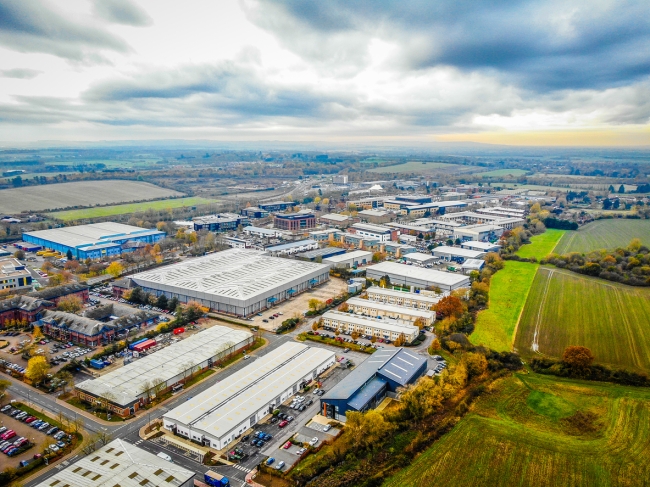3 minute read - 27th February 2024
Manufacturing could account for 15% of GDP and has the potential to add an extra £150bn to economic output
The head of Britain’s manufacturing body Make UK will today call for all political parties to commit to an industrial strategy with an explicit target for industry to account for 15% of UK GDP, with the potential to add an extra £150bn to economic output.
Addressing the Make UK National Manufacturing Conference at the QE2 Centre in Westminster, CEO Stephen Phipson will also set out five key priorities for the next government, as well as call for a fundamental review of defence policy and procurement policies which favour the UK’s defence manufacturing sector.
Ahead of the Budget Statement next week, Stephen Phipson will also call on the chancellor to announce that this will be the last such statement and that, from now on, the next government should announce there will be no annual fiscal statements of any kind. Instead, in order to provide business with greater stability, Stephen Phipson will call for tax and spend policies to be set out at the beginning of each Parliament and only be changed in exceptional circumstances.

Make UK says that an industrial strategy with an explicit target for industry to account for 15% of UK GDP could have the potential to add an extra £150bn to economic output / Picture: Getty/iStock
Stephen Phipson will also call for the next government to commit infrastructure spending to match the OECD average, with the planning system being torn up and current fiscal rules on capital spending changed. He will also call on the next government to double down on policies on net zero and safeguard energy security.
On industrial strategy and the 15% GDP target, Stephen Phipson will say: “The lack of a modern, long-term, robust industrial strategy is the UK’s economic achilles heel. Every other major economy, from Germany, to China, to the US, has a long-term national industrial plan, even Barbados has one. As such, the UK is an outlier and if we are to help tackle our regional inequality and, improve our competitiveness on a global stage, we need a national industrial strategy with cross party consensus as a matter of urgency. One which survives elections and parliamentary cycles.
“Overall, such a strategy would have the aim of growing the contribution of manufacturing to GDP from 10% to 15% and so I am calling on all political parties to commit to this in their manifestos. Some may see this ambition as fanciful but, as globalisation shifts, why not aim to produce more here so we are less dependent on others for everything from our food to our energy and security. If we were to achieve this ambition, over time it would add around one hundred and fifty billion pounds to our economy, help tackle regional equality and to pay for the public services we all want to see.”
On policy stability and abolishing annual fiscal statements, Stephen Phipson adds: “We need to see a return to political and policy stability, as well as a debate about some very serious choices we need to make as a country. But, five Prime Ministers in eight years and fifteen business secretaries in fifteen years is no recipe for this. Nor is the fact we have had six plans for growth in little over a decade, while the department responsible for industry has been re-organised five times in the same period. Any of you running businesses this way would have gone bankrupt.
“The fact we have two statements a year has been responsible for twenty six changes in corporation tax since 2019. Those of you who are finance directors must be baffled by the ticker tape of announcements. Instead, I would urge any government of whatever colour to announce their tax policies for the lifetime of a Parliament, which would only be changed if exceptional circumstances merit it. No changes to investment allowances, corporation tax or green targets for five years would really help.”
